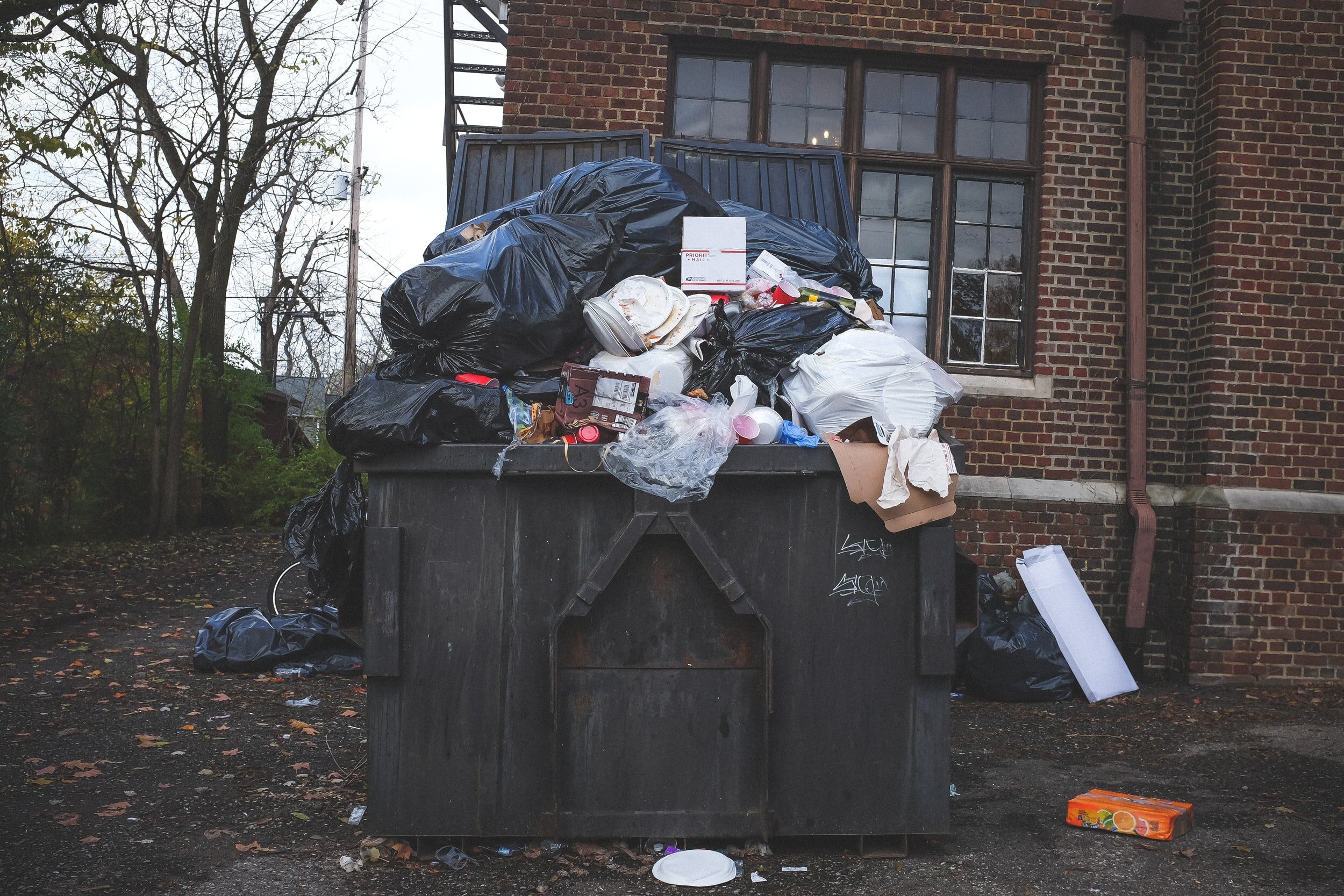
Blog
Cultivate & Motivate
Learnings, teachings and tips & tricks to educate you how to reduce and reuse.
Pesky Microfibers
A lot of our textiles and clothing garments are unfortunately entirely or at least partly made from synthetic materials, including Polyester, Viscose, Nylon, Elastane, Polyester (Polar) Fleece + many trademarked textiles. Teeny microfibres from these materials are shed during each laundry cycle and are washed away with our machine’s wastewater - ending up in essentially every part of our ecosystem. Our water, our air, our soil, our produce and our whānau! These fibres can be extremely detrimental to our natural world. Once in our environment, the tiny microplastics irreversibly degrade into smaller and smaller particles and are impossible to retrieve.
A Call to Action for Coca Cola!
Coca Cola is one of the biggest companies in the world and was the world’s worst plastic polluter for the fourth year in a row in 2021. This was confirmed by Break Free From Plastic’s annual report 2021. Coca Cola produces over 120 billion plastic bottles every year with many of these harmful products ending up in our oceans and polluting waterways, our ecosystems, our kai and our people. Our Res.Awesome followers know we are amidst a global plastic crisis. Microplastic and plastic waste has become inescapable - with more plastic still being produced.. The Coca-Cola Company have announced they will aim to make 25% of their global packaging reusable by 2030.
Regeneration Not Incineration
We are here to talk about the latest proposal for a $350 million project which entails building a Waste to Energy Plant in Waimate. This proposed ‘solution’ to our waste problem would aim to see our waste transported to Waimate by the truckload and then incinerated; harvesting energy to be pumped back into Kiwi homes and various businesses via electricity. While this is a lovely idea that many believe would see our waste problem disappear, the facts just do not support that there are benefits to this business venture.
Meet Our Mate… The Guppyfriend
Everyone loves a laundry day companion and Res.Awesome is here to help. We are excited to introduce our latest stocked item available for purchase; The Guppy Friend. This is a truly revolutionary product that can help our community divert harmful microplastics from our waterways and natural environment.





